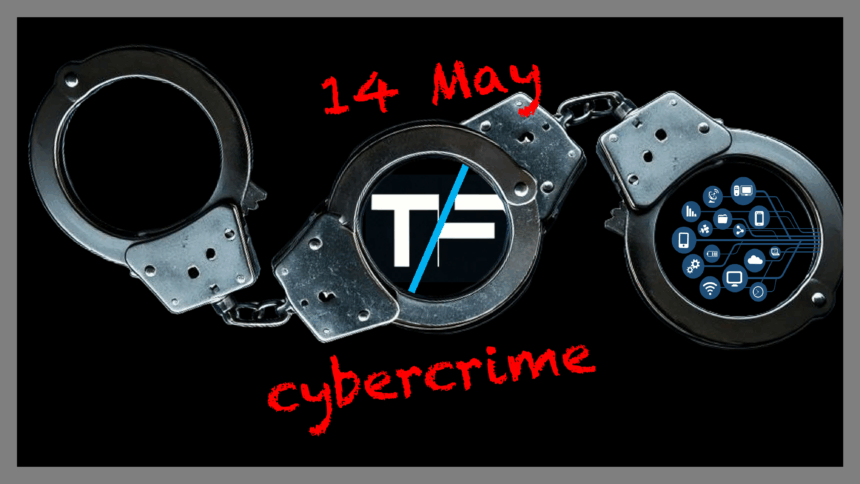Cybercrimes pose severe threats across industries globally as bad actors exploit new techniques and vulnerabilities to cause widespread damage. From ransomware attacks affecting schools, retailers, and governments to weaponizing software, digital security remains volatile.
TechFyle examines some of the latest incidents making headlines in today’s edition of the TF Cybercrime Round-up.
What’s Happening & Why This Matters
M&S Data Breach Affects Millions

UK retailer Marks & Spencer (M&S) confirmed that hackers stole personal customer data, including names, addresses, phone numbers, and partial card details. The number of affected users remains unknown, but the company has nearly 9.4 million online customers.
While passwords and full payment details weren’t accessed, the stolen data could lead to identity fraud. Consumers are urged to change their M&S passwords, especially if reused elsewhere.
Security experts, including Lisa Barber of Which?, caution customers to avoid sharing sensitive information and to watch out for impersonation scams. The breach has been linked to the DragonForce ransomware gang, which also targeted Harrods and Co-op stores in the UK. DragonForce claims to have data from 20 million Co-op members.
Rise in Scam Phone Calls
The FBI has issued an alert about a scam targeting Middle Eastern students studying in the U.S. Posing as federal agents, scammers contact students from the UAE, Saudi Arabia, Qatar, and Jordan and claim their student visas are in issue. The students are told they owe money to avoid prosecution or deportation.
These fraudulent calls spoof government numbers and use intimidation tactics to trick students into paying fake legal or registration fees. In some instances, students receive phishing links to counterfeit websites. The FBI urges students to verify any government call by hanging up and contacting agencies using publicly listed numbers.
This scam plays off fears stemming from recent visa controversies and is especially aggressive in tone. Victims are encouraged to report incidents to their embassy, the FBI, or the Bureau of Diplomatic Security.
Steam Users Urged to Reset Passwords

A massive data breach has exposed details of 89 million Steam users. The data is now for sale on a dark web forum for $5,000. The leak includes usernames, email addresses, and possibly reused passwords. While Valve, Steam’s parent company, hasn’t confirmed a breach, users are strongly advised to change their passwords and enable multi-factor authentication.
The hacker, identified as Machine1337, has shared a sample to verify the leak’s authenticity. According to Underdark.ai, which first flagged the listing, the dataset could also contain data from inactive or irregular use, given Steam’s user base, which exceeds 40 million monthly users.
Complicating matters, Steam recently had issues with malicious game listings, including a demo called Sniper: Phantom’s Resolution, which linked to malware outside the platform. The source of the current breach remains unknown, though Twilio has denied involvement.
TF Summary: What’s Next
UK consumers are urged to watch for scams and identity theft as M&S and other retailers deal with cybersecurity fallout. Government agencies and platforms like Steam are also dealing with attacks. The hacker group DragonForce is pushing for attention, targeting large pools of personal data. The public is advised to remain alert, update credentials, and avoid unsolicited requests for sensitive information.
Cybercrime is a persistent, evolving threat that now spans gaming platforms, retail databases, and vulnerable student populations. Companies like Valve, M&S, and U.S. government agencies are fighting to improve security protocols and issue timely alerts to protect users. Meanwhile, individuals should practice basic digital hygiene — update passwords, enable MFA, and remain skeptical of unsolicited contact.
Expect increased pressure on platforms to disclose and respond faster to breaches. Scammers are not slowing down — neither should your caution.
— Text-to-Speech (TTS) provided by gspeech


